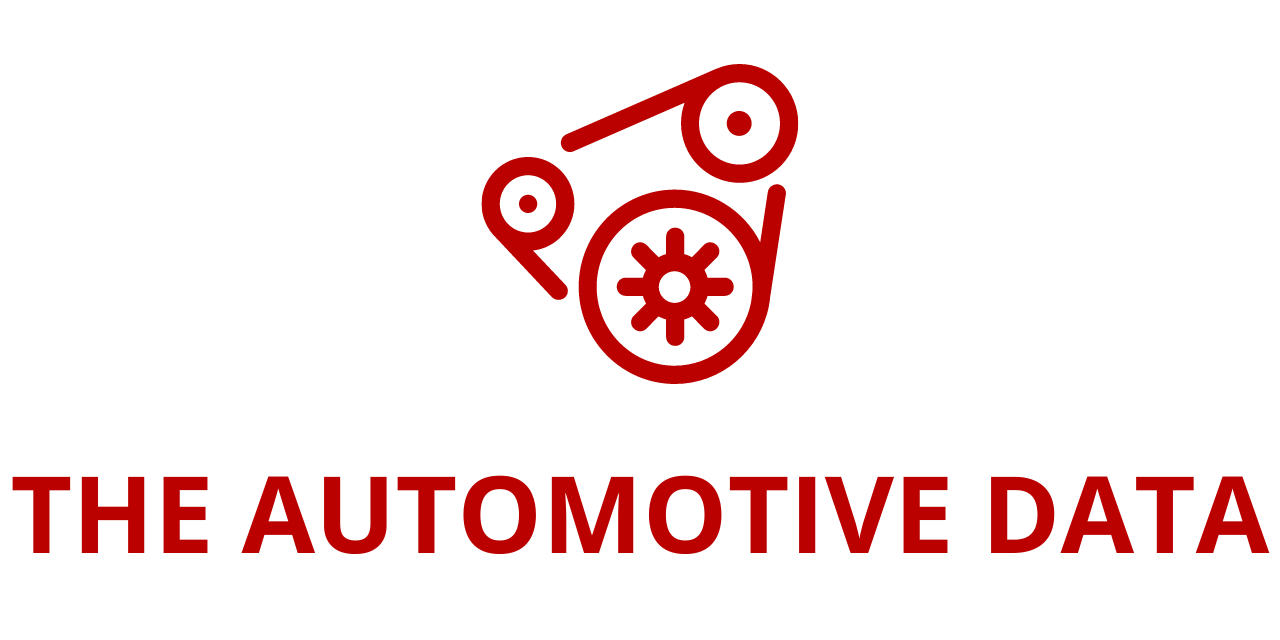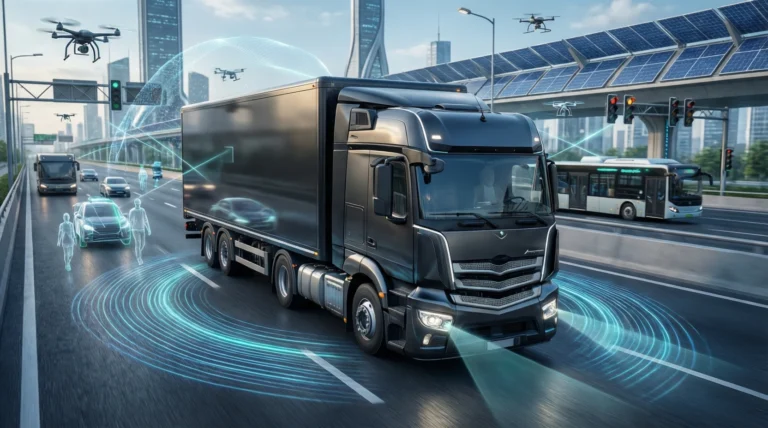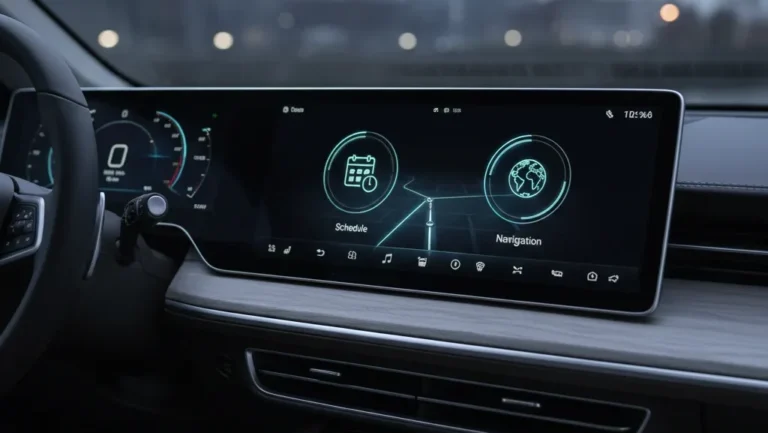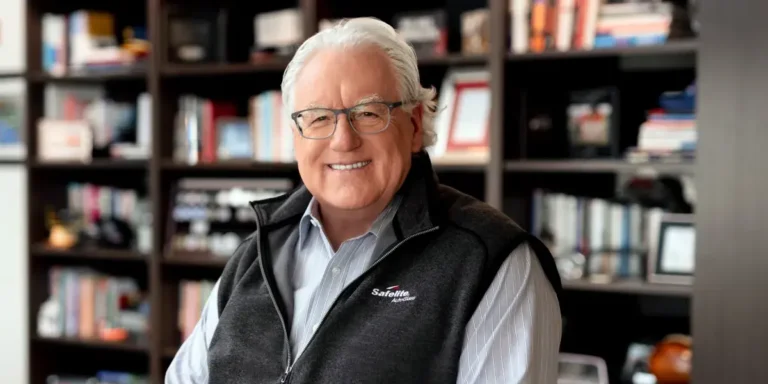
Toyota Kirloskar Motor (TKM) is delighted to announce that its dealership, Rajesh Toyota in Jaipur, Rajasthan, has been awarded the prestigious GreenCo Gold Rated Company Award by the Confederation of Indian Industry (CII) Green Business Centre (GBC). The award ceremony took place recently in Chennai, recognizing Rajesh Toyota for its exemplary environmental initiatives. This achievement aligns with Toyota’s broader vision as outlined in the Toyota Environmental Challenge 2050 (TEC 2050).
The CII GreenCo Rating is an internationally recognized framework that evaluates companies on their environmental performance through a comprehensive life cycle approach. Rajesh Toyota is the first automotive dealership in India to receive this accolade, demonstrating exceptional leadership in sustainable practices, including energy efficiency, waste management, and water conservation. This milestone is celebrated during TKM’s Environment Month (June 2024), themed “Unite for Responsible Resource Consumption towards becoming Global No.1,” which focuses on water management and natural ecosystem revival through afforestation.
TKM has also developed an Environmental Assessment System (EAS) to guide its Environment Management System (EMS) across its entire value chain, including dealers, suppliers, and logistic partners. Rajesh Toyota exemplified environmental excellence by establishing a robust environmental management organization, standardizing environmental KPIs monitoring systems, and setting challenging targets. Achievements include training staff on EMS, implementing CO2 reduction measures, reducing equipment energy consumption, monitoring water usage, and enhancing waste segregation and disposal. The dealership’s commitment extends to community engagement through sapling distributions, eco roadshows, and educational events at local schools.
Rajesh Toyota has significantly reduced scope 1 and 2 emissions by 31.27% from the 2019 baseline, with renewable energy usage at 90.5% as of FY23-24. Waste generation per vehicle has been reduced by 20.3%, and the installation of an Effluent Treatment Plant (ETP) ensures zero liquid discharge. The dealership has developed a green cover of 34.21% within its premises and promotes eco-initiatives beyond its premises, including community outreach and water conservation projects.
Scope 1 emissions are direct GHG emissions from sources controlled or owned by an organization, while Scope 2 emissions are indirect GHG emissions associated with purchased electricity, steam, heat, or cooling.
Mr. B. Padmanabha, Executive Vice President and Director of Manufacturing at Toyota Kirloskar Motor, expressed his pride in Rajesh Toyota’s achievement, emphasizing TKM’s commitment to environmental sustainability and its support for stakeholders in adopting sustainable practices. He highlighted the importance of the Toyota Environmental Challenge 2050 in setting benchmarks for environmental responsibility.
Mr. Sharvik Shah, Dealer Principal of Rajesh Toyota, acknowledged the significance of the GreenCo Gold Rating award and expressed gratitude for TKM’s support. He emphasized the dealership’s dedication to eco-friendly practices and community engagement, which have driven their environmental achievements.
Toyota’s Vision 2050, announced at the Toyota Environmental Forum in 2015, aims to address environmental challenges through six key goals: New Vehicle Zero CO2 Emissions, Life Cycle Zero CO2 Emissions, Plant Zero CO2 Emissions, Minimizing and Optimizing Water Usage, Establishing a Recycling-Based Society and System, and Establishing a Future Society in Harmony with Nature. TKM’s 2050 Roadmap includes initiatives for carbon neutrality, energy-efficient guidelines, ECO kaizen training for dealers, promotion of solarization at dealerships, and more.
TKM remains committed to sustainability, environmental responsibility, and innovation, striving for Carbon Neutrality through various vehicle technology pathways and stakeholder engagement. Initiatives include eco-consciousness campaigns, plantation and clean-up drives, the ‘No Plastic’ campaign, and efforts to reduce water usage and carbon footprints.







